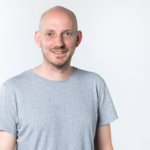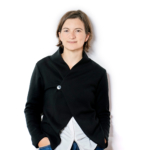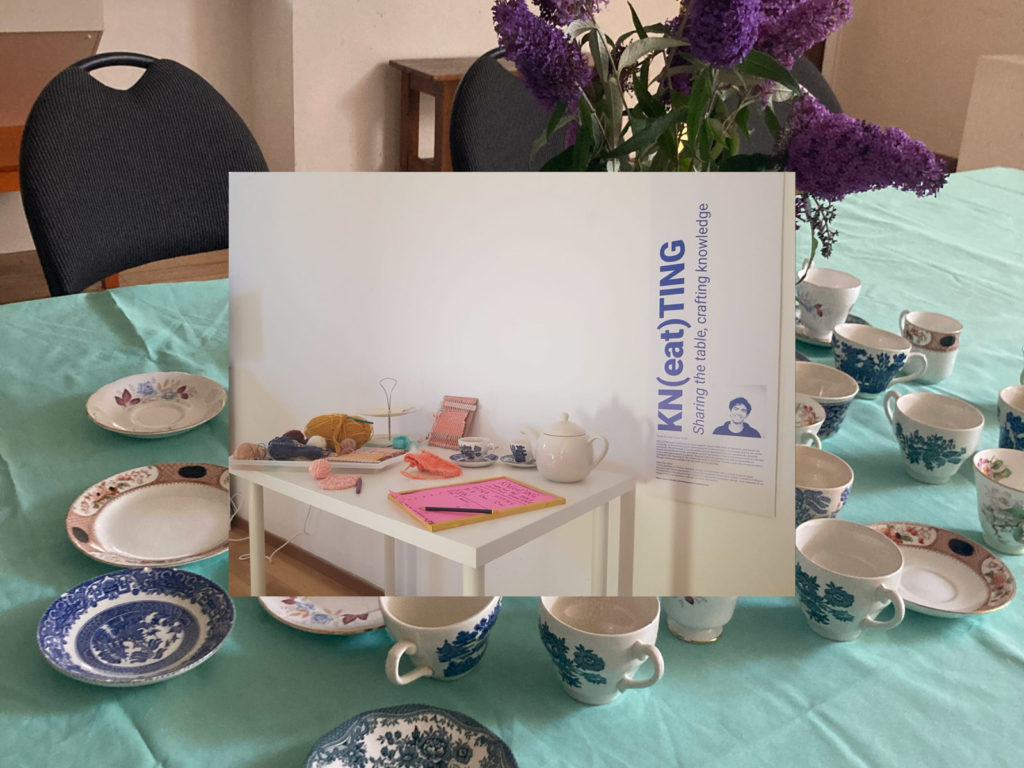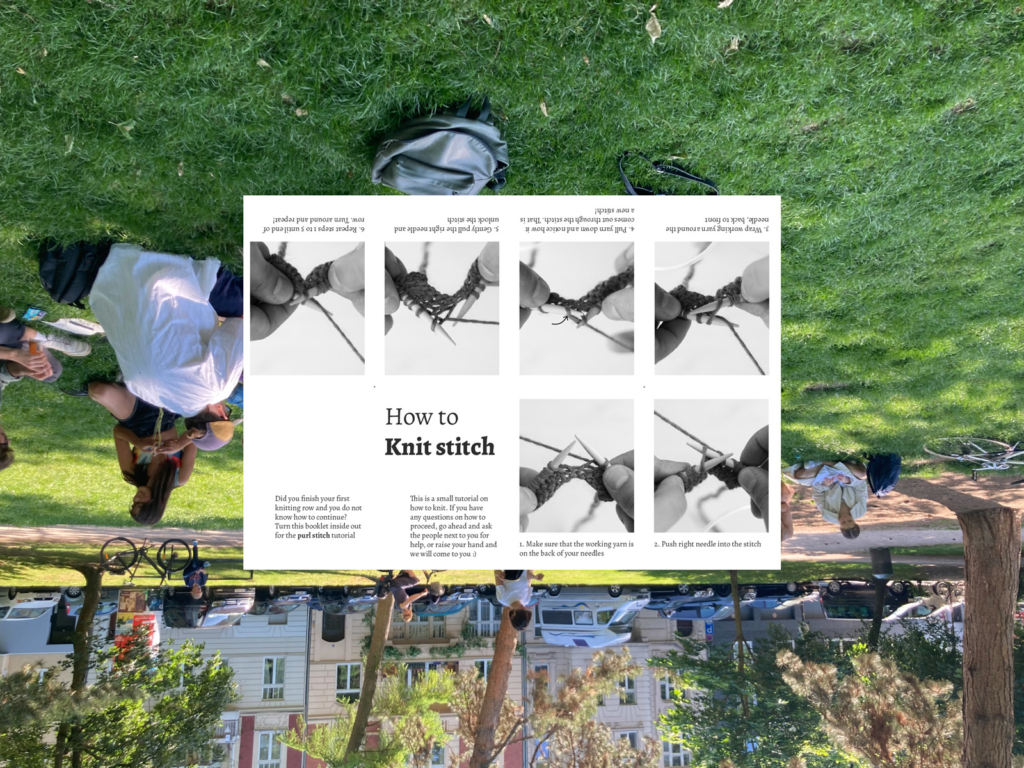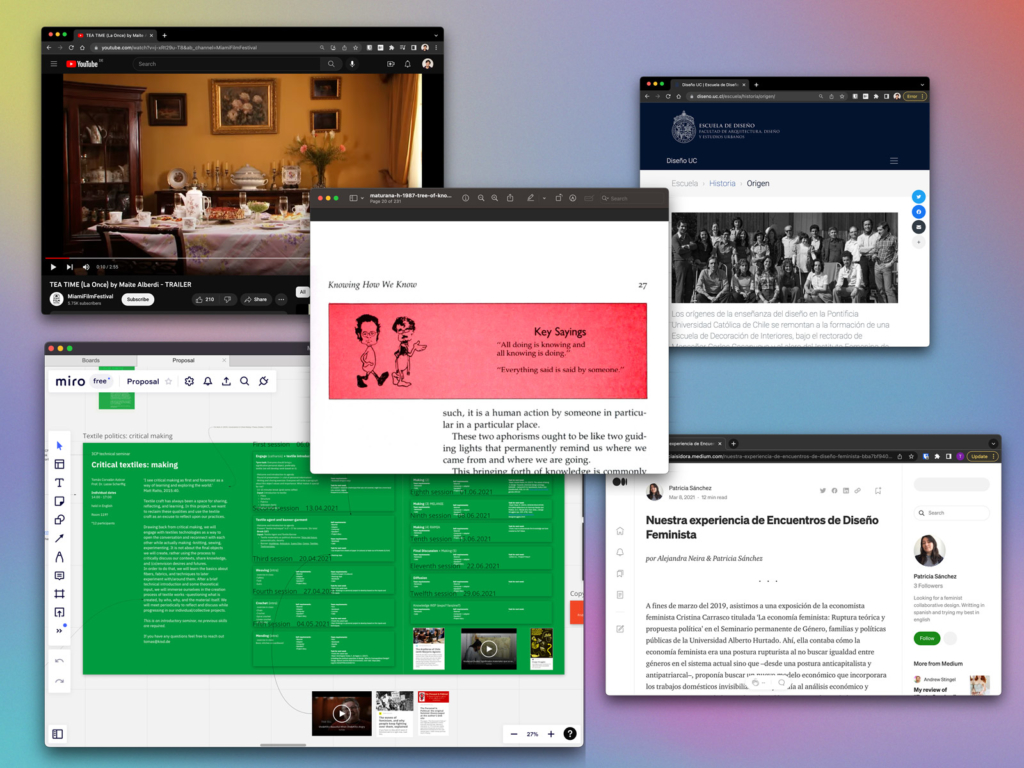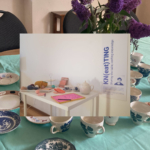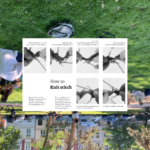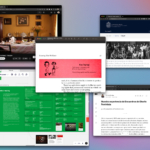“Knitting Knowledge” is as much experiment as ongoing reflection on design education and academia. Seeking for situated knowledge and subscribing to queer feminist practices, this project is about designing and rehearsing other ways of learning and doing academia, inspired by my own experience in it, by the ways I’ve learned and navigated knowledge in and beyond academic territories; territories designed and inhabited by women.
How can textile practices improve design education under queer perspectives?
While the question above is indeed the research question that shaped this work, it has not necessarily been answered in this thesis. It has been instead a formulation that stimulated and guided most reflections throughout this process, manifesting a shift as well on my standpoint towards a decolonial and queer feminist design praxis.
Starting from situated and embodied knowledge, the purpose of this thesis is to recover, design, and rehearse conversations around queer and decolonial matters in learning and academic contexts. Understanding design as a powerful tool capable of transforming social and cultural reality, this work is born by the need to embrace, think about, and practise other designs; from the belief that design must embrace their deeply colonial and patriarchal past in order to craft other futures. Inspired by the Zapatist slogan Un mundo donde quepan muchos mundos [a world where many worlds fit], which Arturo Escobar took and developed into design theory, this project aims to practise alternative teaching methods —nurtured by queer and feminist studies, critical perspectives on [design] academia & education, and textile practices. Ultimately, rethinking design as queer feminist praxis at its core invites us to inhabit territories beyond dominant dichotomous structures and to propose alternative futures.
Though it represents the final work of a master’s programme, this thesis should be taken with a pinch of salt, and read as a work-in-progress, in that it aims to explore alternative ways of being in design. As such, its purpose is not to argue that rehearsing Chilean or Latin American rituals while weaving random projects should be the new norm in academic spaces, nor should it be a new trend in design education. However, I would like to argue that instances like these can bring attention and offer a situated perspective to site-specific dilemmas, which can be later amplified to resonate in other contexts.
The practical work includes a seminar taught at KISD during the summer semester 2022, as well as a series of situated actions and an exhibition in the Participatory Design Conference 2022, in Newcastle upon Tyne, UK. The focus is set on furthering critical conversations through joint material production within decolonial, queer frameworks.
I hope this work, ever-in-progress, contribute to a much wider debate, regarding decolonial and feminist futures; for it has surely been a life-changing experience for me, one that does and will continue to affect my creative and research praxis.
